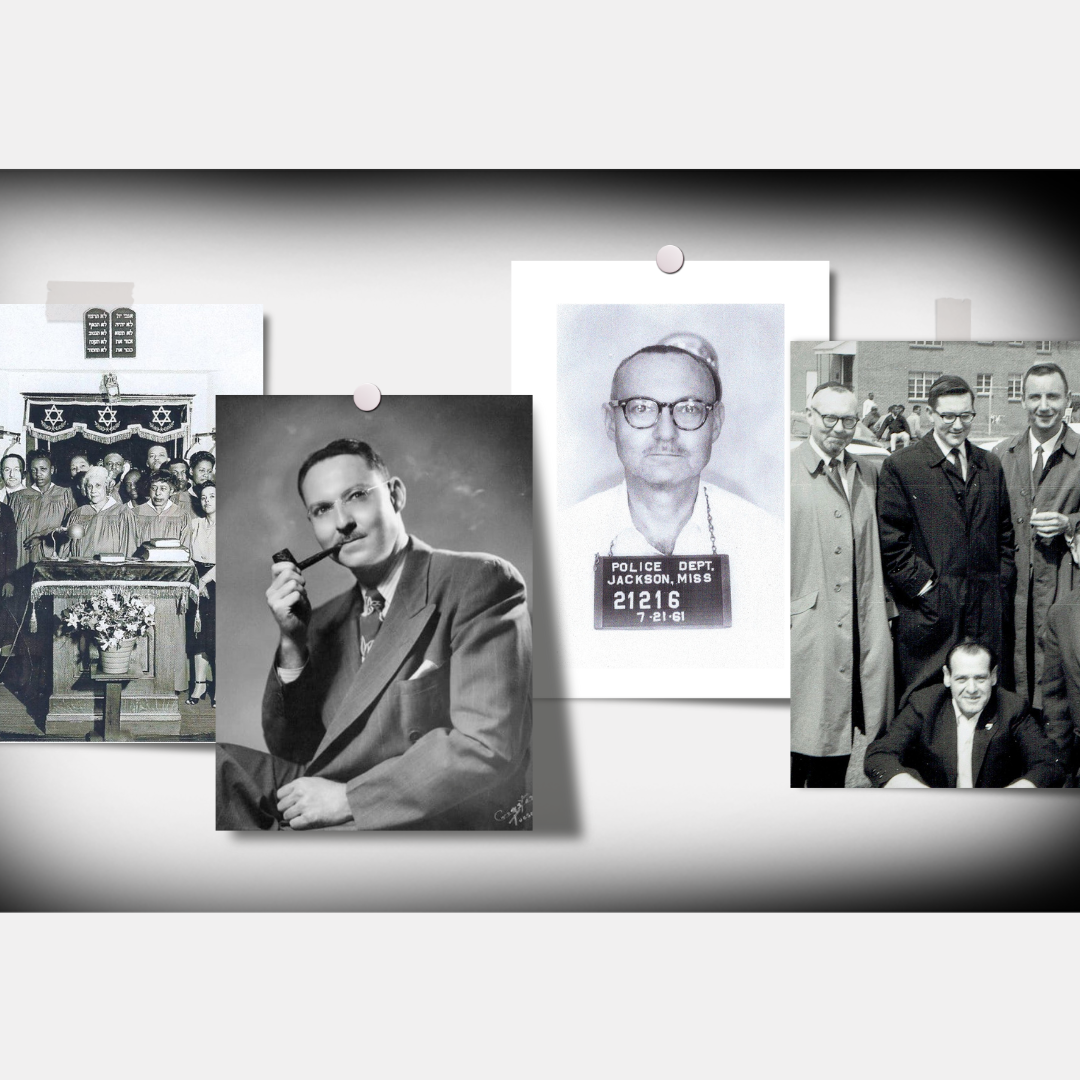The Rabbi Joseph H. Gumbiner Community Action Project


Inspired by the social activism of one of Tucson’s founding rabbis, the Gumbiner Project fulfills an integral part of the Museum’s mission, that of collaborating with diverse people and groups in our local community to promote human rights.
Rabbi Joseph H. Gumbiner (z”l) led Tucson’s Temple Emanu-El from 1942 to 1947, during the final years that the congregation gathered on S. Stone Avenue, in the building now known as Tucson Jewish Museum.
“Rabbi Joe” was a vocal critic of endemic racism throughout the United States, including in Tucson. Discouraged by the treatment of African-American servicemen returning home from WWII, he helped found the Tucson Inter-Racial Council and worked to reduce tension and build relationships between White, Black, Hispanic and Native American members of the community, as well as among interfaith groups. This advocacy was not universally popular, as many people felt that his inter-racial and intergroup work would threaten the position of Jews in the wider community.
Gumbiner’s dedication to civil rights lasted throughout his career. In 1965, he joined a delegation of rabbis to help plan the first March on Montgomery. Against intense, often violent, opposition Gumbiner and thousands of others marched with Dr. Martin Luther King, Jr. on the three-day trek from Selma to Montgomery as part of the effort to register Black voters in the South.
The Gumbiner Project’s work is grounded in the Museum’s foundational values of zachor (remembrance), tzedek (justice), khavod (honor), kehillah (community), and limmud (learning).
Project director, Lynn Davis, is excited about this opportunity to work with other faith, ethnic, racial, and cultural groups. She says, “So many of the challenges that we face in our community - including threats to our health, welfare, safety and civil rights - cut across religious, ethnic, and cultural identities. By recognizing our issues of common concern and working in coalition, we have the opportunity to build stronger, more resilient community."
Above photos from left: Rabbi Gumbiner invites the choir from Prince Chapel AME (still located next door to Tucson Jewish Museum) to sing from the bimah of Temple Emanu-el; Rabbi Joseph H. Gumbiner (1907-1993); Gumbiner is arrested in Jackson, Mississippi for for sitting in a coffee shop with Black and White clergy; Gumbiner and rabbinical colleagues in Selma, AL, 1965.


Gumbiner Project Advisory Committee
Rabbi Ruven Barkan
Esther Brilliant
Roberta Elliott
Marlyne Freedman
Mo Goldman
Lara Iglitzin
Rabbi Thomas Louchheim
Freddy Mendoza
Dana Narter
Katie Reiter
Jill Rich
Nancy Roberts
Simon Rosenblatt
Gila Silverman, Ph.D.
David Shinder
Alan Solot
Jason Zeitler



